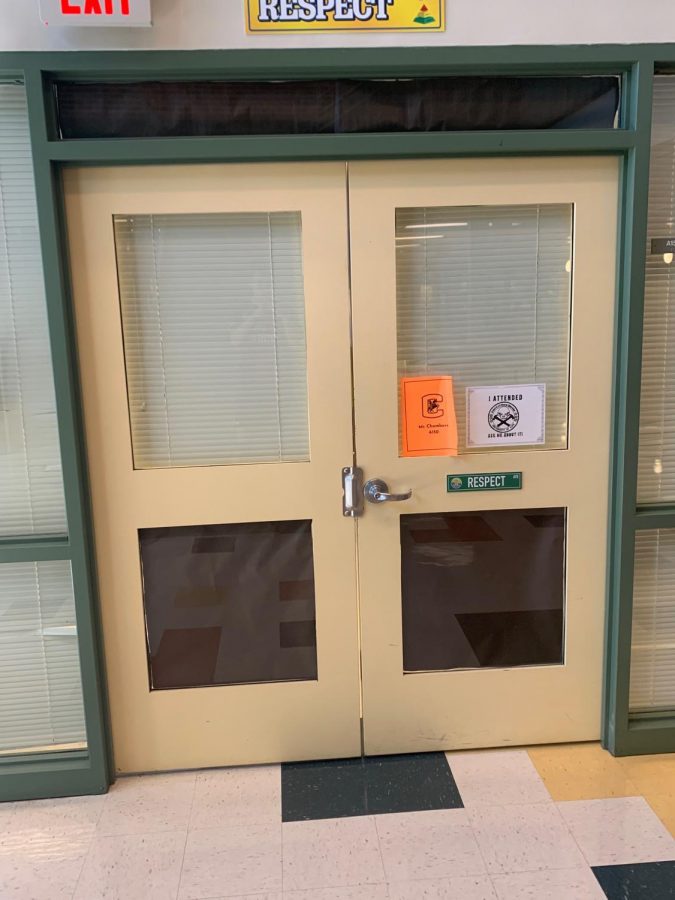Is ISBI Beneficial???
The ISBI room where students serve their detention is located in A Commons.
September 26, 2019
There was a point when, in the education system of America, punishments for acting up in school reprimanded students and deterred them from future misconduct. Students were forced to come in after school, or even on Saturdays, to serve out their punishment. This was effective because it drew from the personal time of students, something that most students are not very willing to relinquish because they would much rather be doing something else with their time. It therefore dissuaded them from acting out in the future, which benefited the student because they were now focusing more in school rather than causing problems, and it benefited the school because they no longer had a student who was creating issues that they had to deal with.
It was a near-perfect system because it benefited the future of the student as well as the school. In recent years, however, the new standard for punishment in schools was in-school suspension, or ISBI. Students are required to go to a room at the beginning of the school day and sit in there for seven hours until the final bell rings. The only deterrence that stems from this sort of punishment is the student is being deterred from getting their education. They are being kept out of their classes in order to serve time for their acting out, which is counterproductive in trying to get the students to focus in school. And isn’t getting the students to focus and participate in class one of the main goals of suspension? But rather than keeping them in their classes and forcing them to serve their punishment on their own time, the school system is inhibiting them from even being in class to learn and participate in the first place.
Rather than having in-school suspensions, schools need to implement a system of punishment where students are discouraged from future misconduct, but are also allowed to continue along with their studies so that one act of misbehavior doesn’t affect their education and their future. When I spoke with senior Eli Evans, he told me that it was actually “easier to do schoolwork because there wasn’t anything else to do.” So this article is not attempting to say that every aspect of ISBI is poorly constructed, it is merely going to show that their could be better ways of having students serve their detention.





